#Ineko Arima
Text

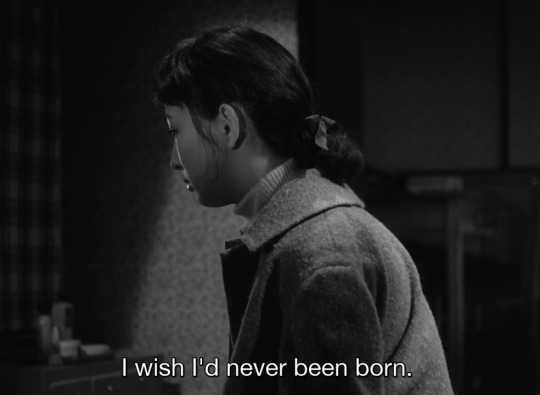
Yasujiro Ozu
- Tokyo Twilight
1957
527 notes
·
View notes
Text

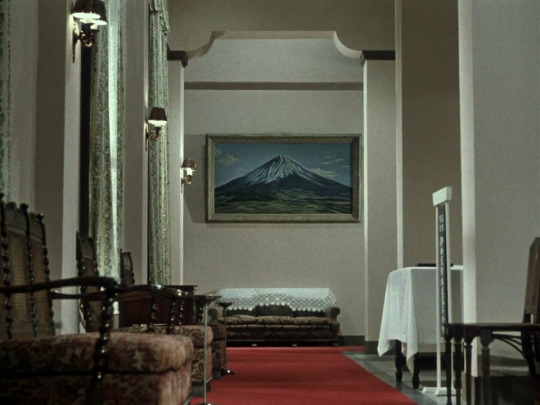
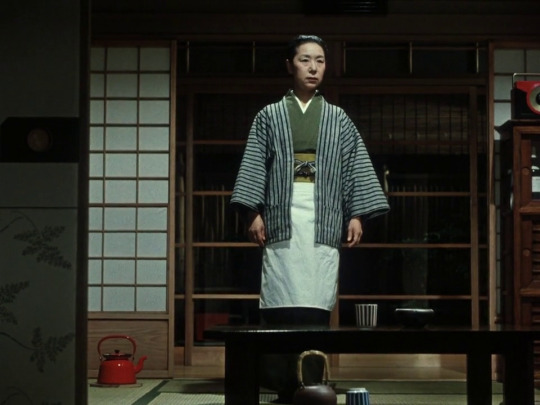
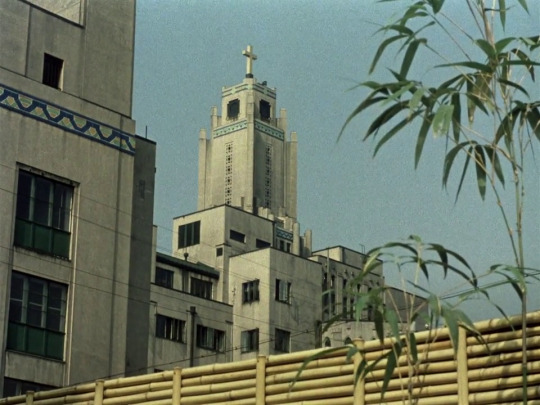

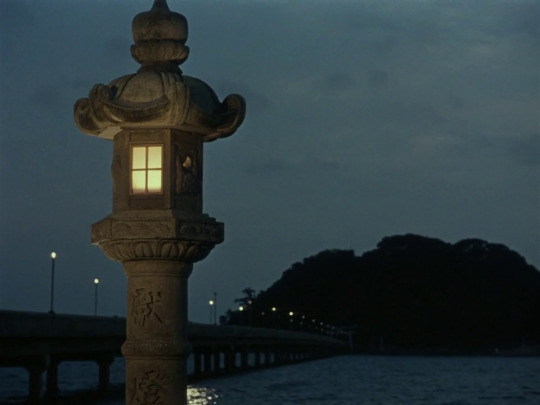
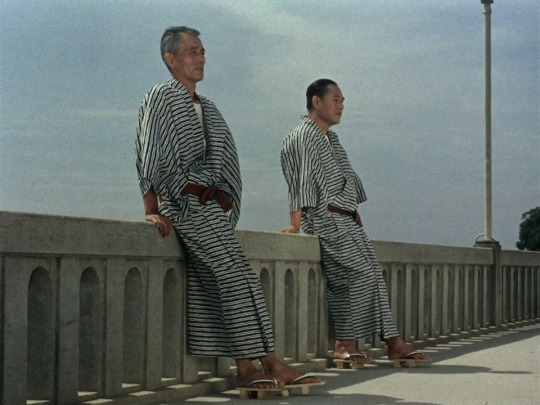


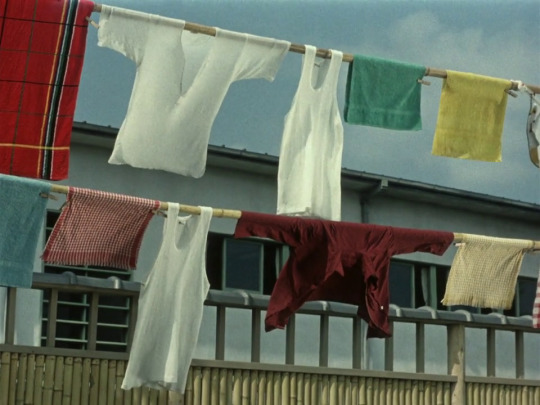
Equinox Flower (1958) | dir. Yasujirō Ozu
#equinox flower#yasujiro ozu#kinuyo tanaka#ineko arima#shin saburi#films#movies#cinematography#scenery#screencaps#yasujirō ozu
180 notes
·
View notes
Text


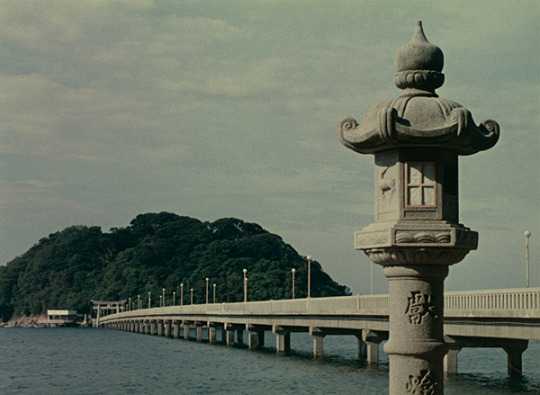
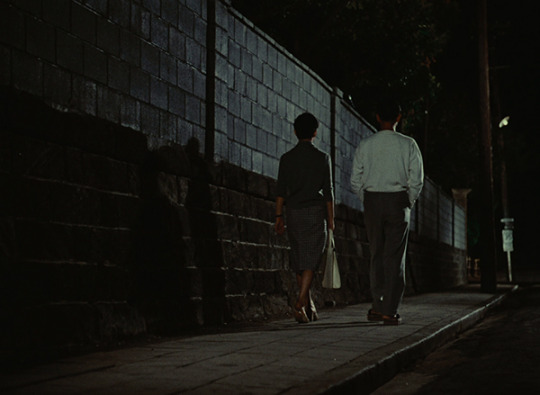
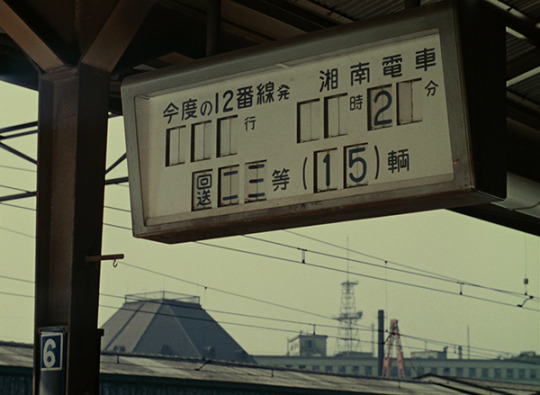
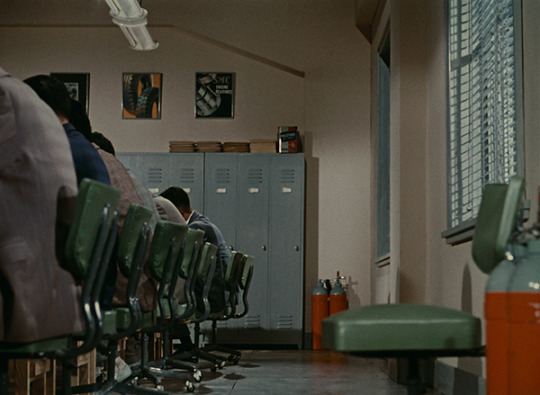
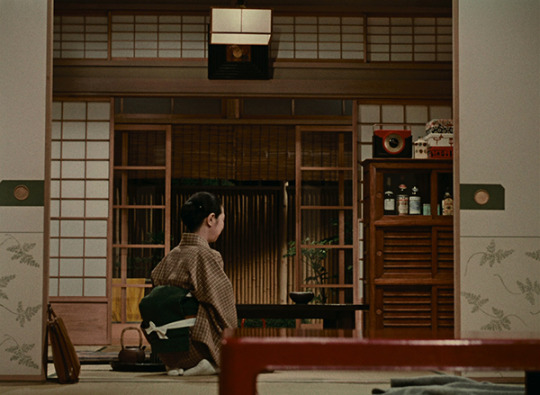
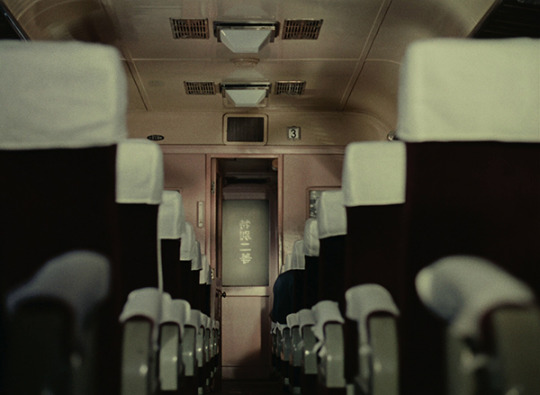
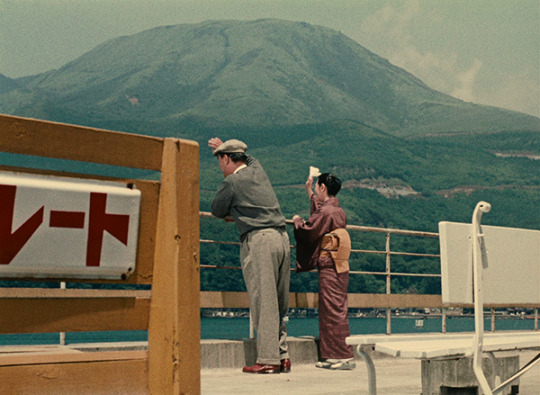

"Can´t I find my own happiness?"
Equinox Flower・彼岸花
Dir. by Ozu Yasujiro, 1958
#equinox flower#higanbana#yasujiro ozu#ozu yasujiro#shin saburi#saburi shin#ineko arima#arima ineko#kinuyo tanaka#tanaka kinuyo#1958#*
117 notes
·
View notes
Text

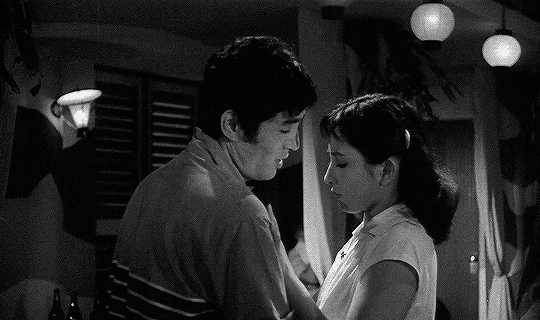
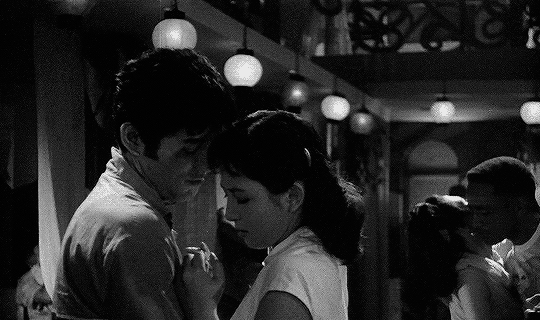

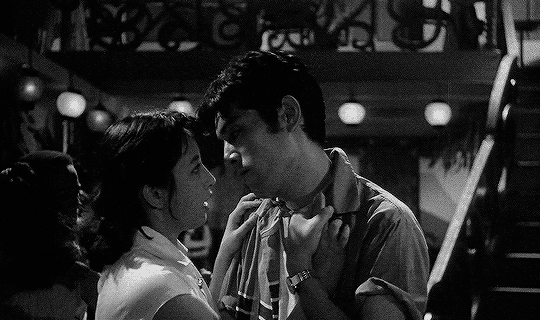
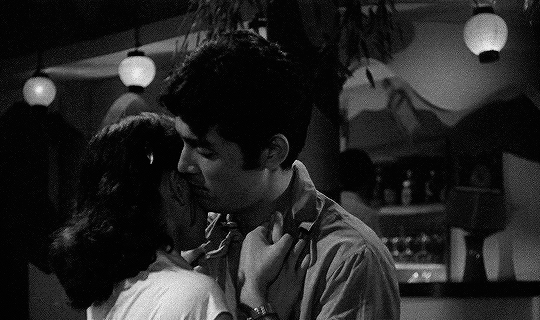
BLACK RIVER (1957) dir. Masaki Kobayashi
#black river#黒い河#classicfilmsource#mine#tatsuya nakadai#Ineko Arima#masaki kobayashi#here am I queue me
120 notes
·
View notes
Text
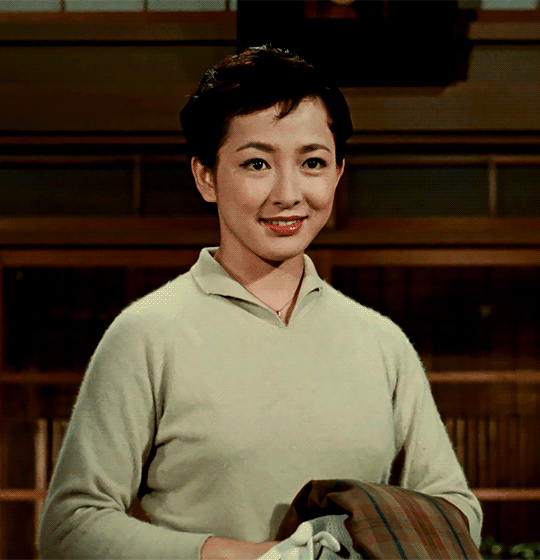
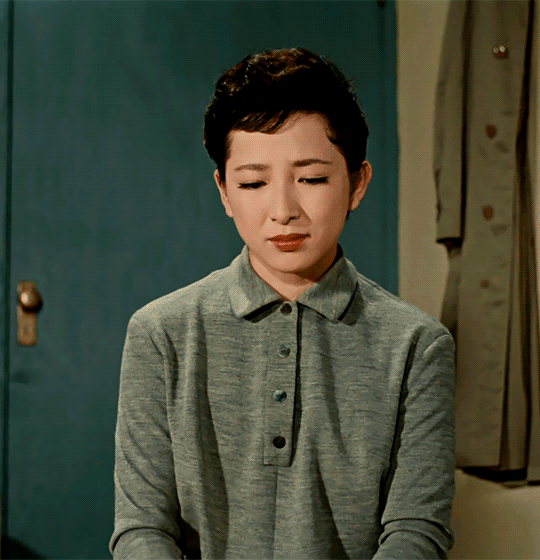
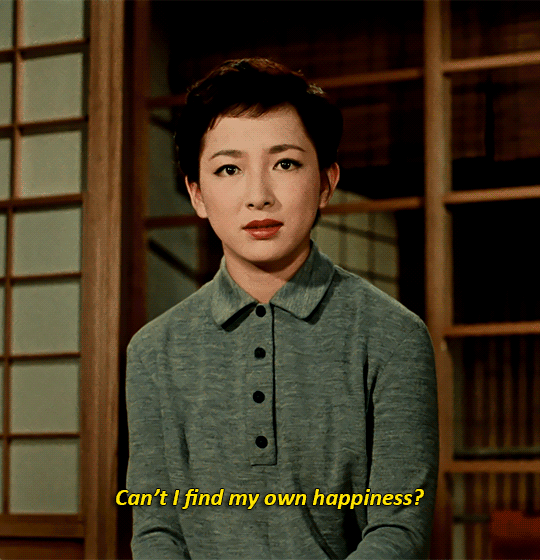
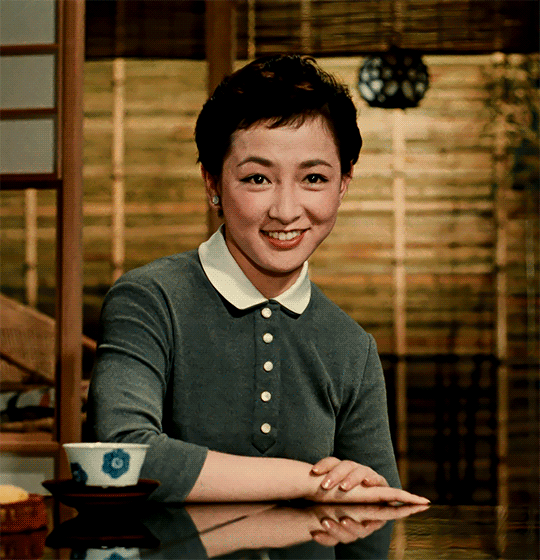
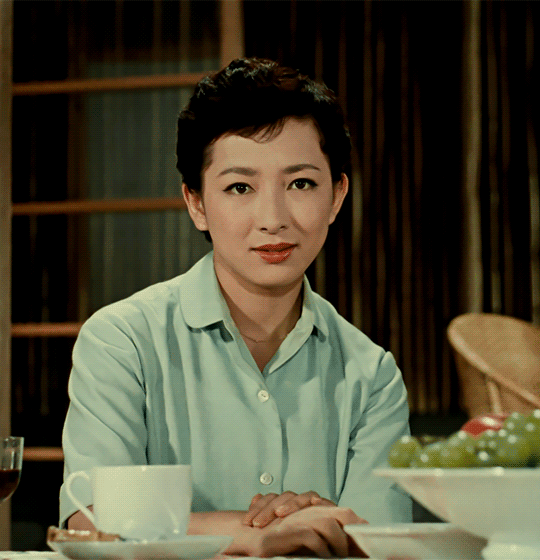
FAVORITE CHARACTERS
Ineko Arima as Setsuko Hirayama
Equinox Flower, 1958
#*films#*gif#dailyworldcinema#filmgifs#worldcinemaedit#dailyflicks#ineko arima#arima ineko#equinox flower#higanbana#yasujiro ozu#ozu yasujiro#c
50 notes
·
View notes
Text















Zero Focus (1961)
#zero focus#yoshitaro nomura#yoshiko kuga#hizuru takachiho#ineko arima#koji nanbara#ko nishimura#talks
28 notes
·
View notes
Photo

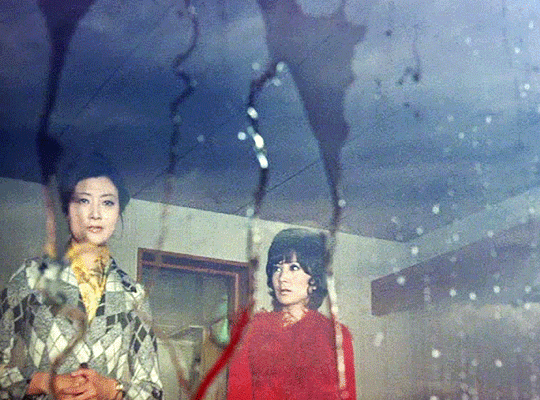
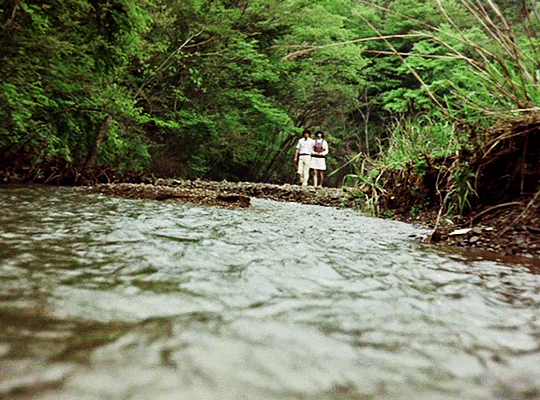
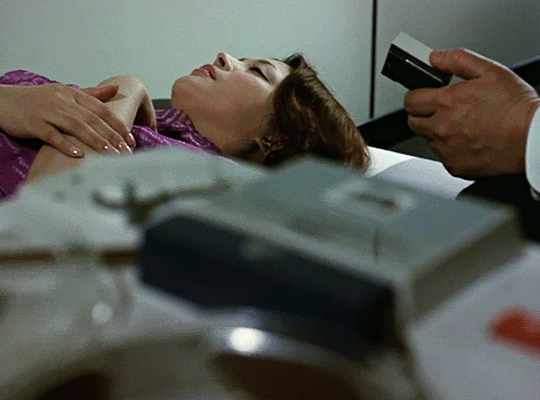



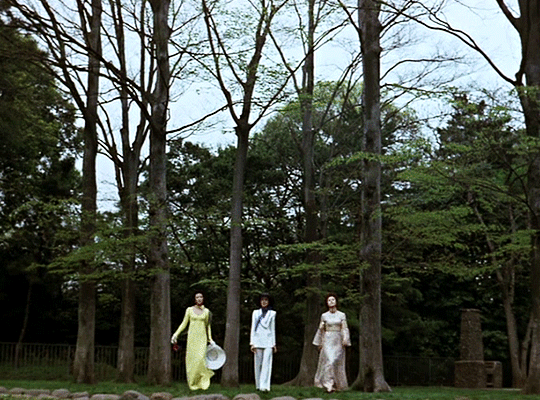

CONFESSIONS AMONG ACTRESSES (1971) dir. YOSHISHIGE YOSHIDA
106 notes
·
View notes
Text
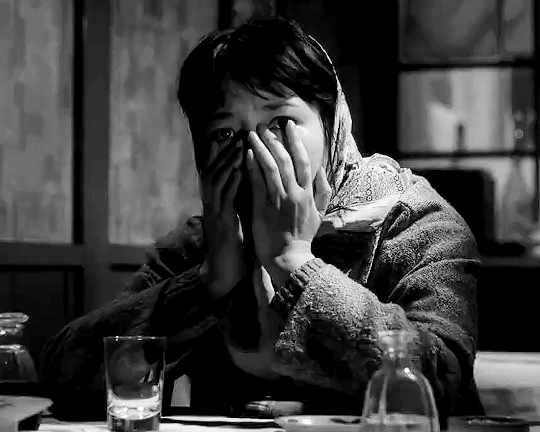

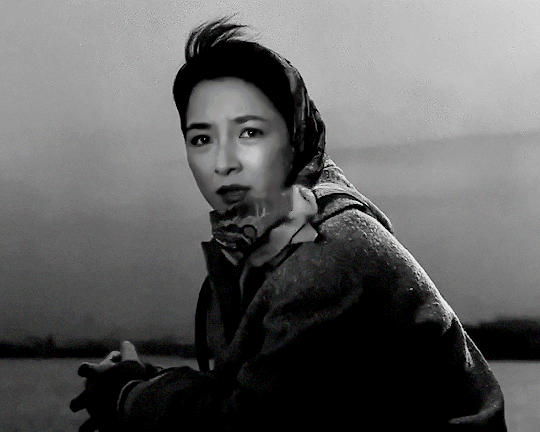
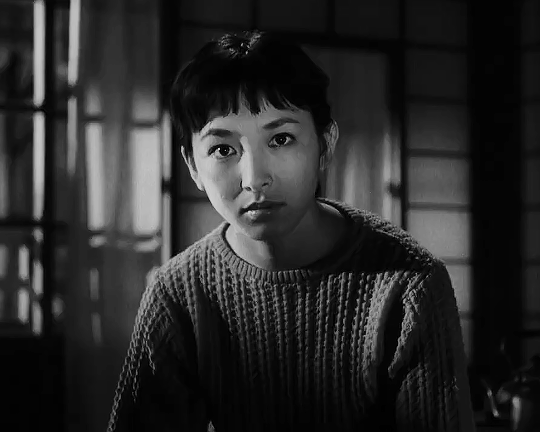

INEKO ARIMA as AKIKO in TOKYO TWILIGHT (1957) dir. Yasujirō Ozu
#tokyo twilight#worldcinemaedit#filmauteur#cinemaspast#classicfilmcentral#ineko arima#yasujiro ozu#yasujirō ozu#東京暮色#tokyo boshoku#japanese movie#ozugifs#ellisgifs#queue
124 notes
·
View notes
Photo
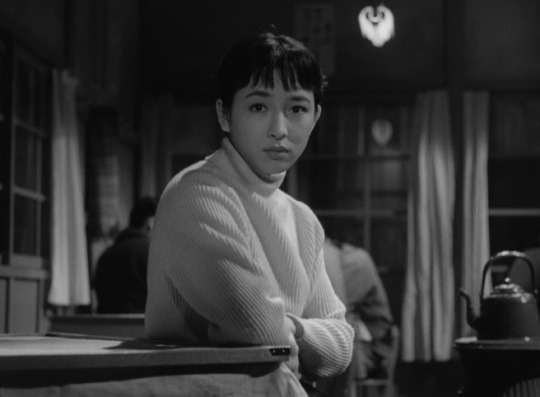
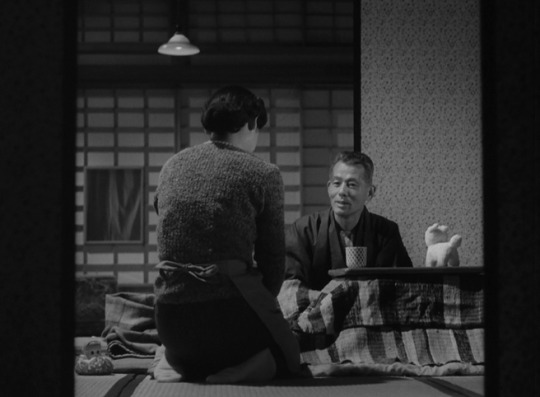
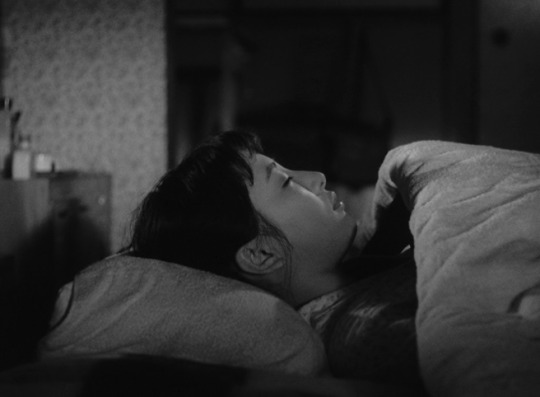
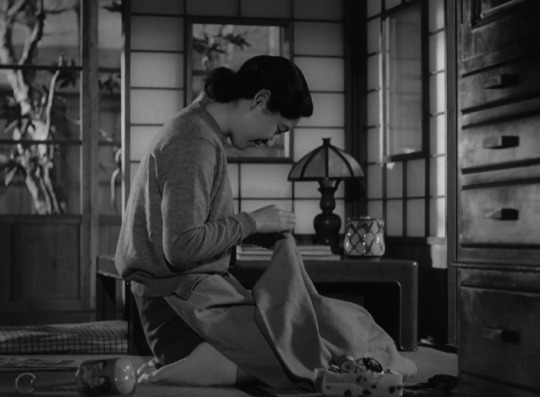
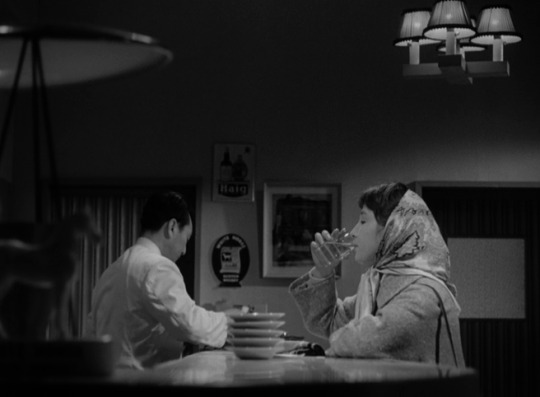
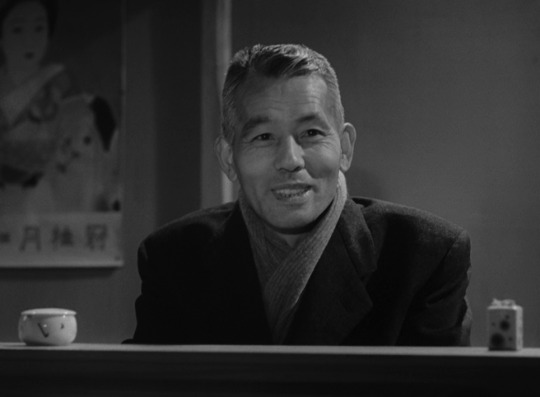
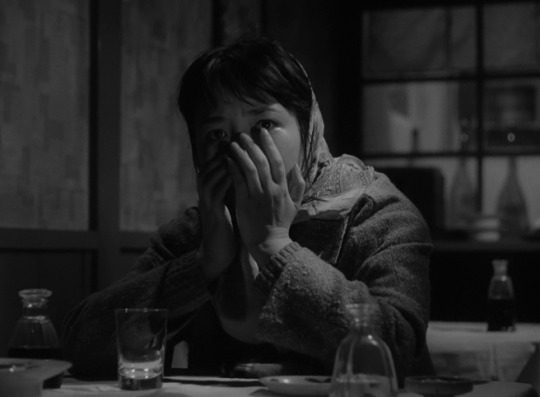

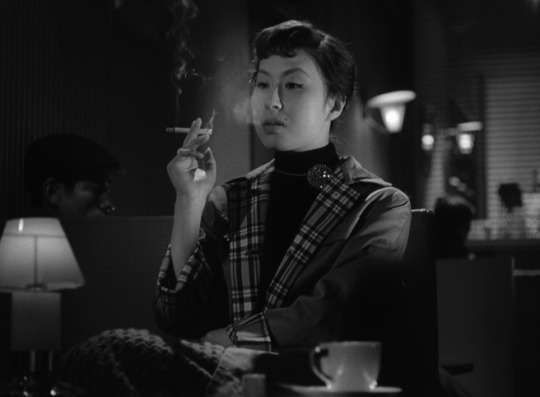
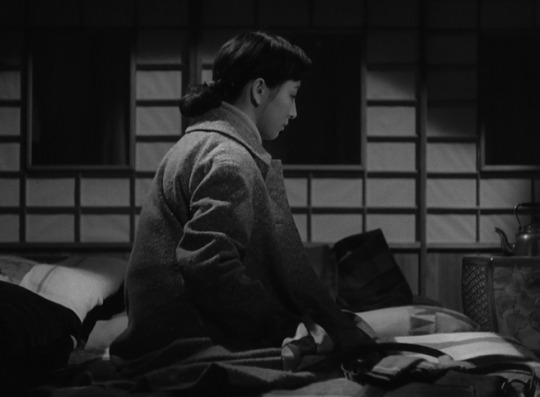
Tokyo Twilight (Yasujirō Ozu, 1957)
#Tokyo Twilight#Yasujirō Ozu#Ozu#yasujiro ozu#black and white#1957#Tokyo boshoku#Ineko Arima#Kamatari Fujiwara#Setsuko Hara#Chishû Ryû#chishu ryu#smoke#facepalm#bed#fashion#japan#interiors#teapot#tea#drink#alcohol
310 notes
·
View notes
Text
THE HUMAN CONDITION 1: NO GREATER LOVE
A good man’s morals
At odds leading prison camp
That rewards the cruel
youtube
#the human condition#no greater love#random richards#poem#haiku#poetry#haiku poem#poets on tumblr#haiku poetry#haiku form#criterion collection#humanism#war movies#pacifism#tatsuya nakadai#michiyo aratamq#chikage Awashima#Ineko Arima#masaki kobayashi#Zenzo Matsuyama#Junpei Gomikawa#keiji sada#So Yamamura#Akira Ishihama#koji nanbara#Youtube
2 notes
·
View notes
Text

Ineko Arima, Fujiko Yamamoto, and Yoshiko Kuga in Equinox Flower (Yasujiro Ozu, 1958)
Cast: Shin Saburi, Kinuyo Tanaka, Ineko Arima, Yoshiko Kuga, Keiji Sada, Teiji Takahashi, Miyuki Kuwano, Chishu Ryu, Chieko Naniwa, Fujiko Yamamoto. Screenplay: Yasujiro Ozu, Kogo Noda, based on a story by Ton Satomi. Cinematography: Yuharu Atsuta. Art direction: Tatsuo Hamada. Film editing: Yoshiyasu Hamamura. Music: Takanobu Saito.
Equinox Flower is Yasujiro Ozu's first color film. Once again he lagged behind film industry trends -- the first color film in Japan was made in 1951 -- and managed to anger the Japanese film industry by using the German-made Agfa color process instead of Fuji film because he thought the reds in Agfa film were truer. American viewers may be struck by how the movie often seems to be a Japanese translation of the American family comedy: think Father of the Bride (Vincente Minnelli, 1950). It centers on Wataru Hirayama (Shin Saburi), who finds his wife and daughters scheming against him when he insists on arranging the marriage of his elder daughter, Setsuko (Ineko Arima). When a young man he has never met before, Masahiko Taniguchi (Keiji Sada), comes to his office one day to ask for Setsuko's hand, Hirayama is furious, and not only forbids the marriage but also insists that Setsuko, who has met Taniguchi at the place where she works, be confined to home. Eventually, things work out for the young couple, but not before Hirayama has learned a lesson about the way the roles of the sexes have changed in Japan. In fact, when we first see Hirayama, he is giving a speech at a wedding, indicating his preference for parental approval and noting that even though their own marriage had been arranged, he and his wife, Kiyoko (Kinuyo Tanaka), who is sitting silently beside him, made a go of it. We will soon learn that Kiyoko is not quite so submissive as she seems. The bite that underlies this quite charming comedy lies in its portrayal of the post-war Japanese male, the warrior turned salaryman, most effectively seen in an episode in which Hirayama, after reluctantly attending the wedding of Setsuko and Taniguchi, goes to a reunion of his old classmates, who sing songs about the glory of the Japanese warrior though their own lives consist of office work and golf.
0 notes
Text
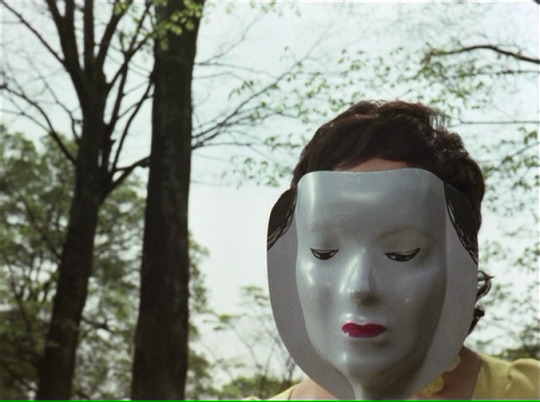
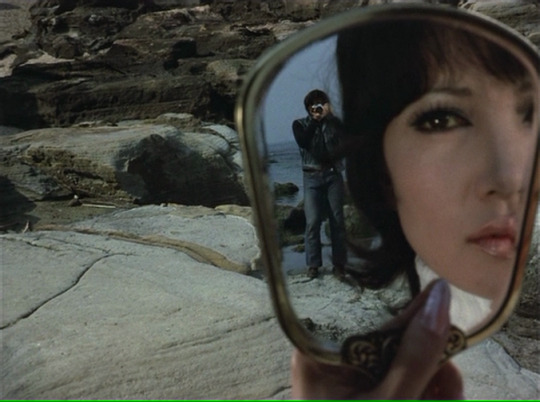
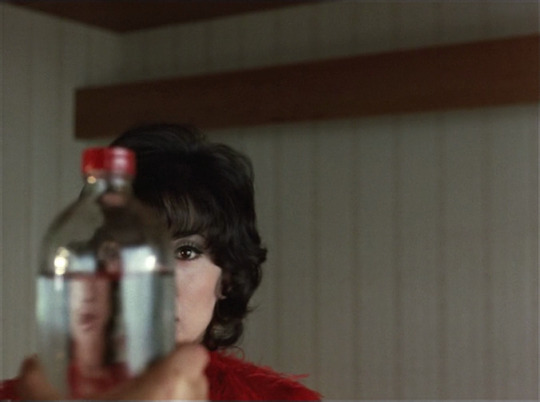
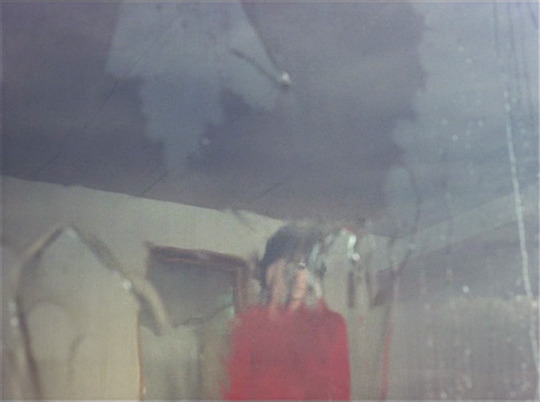

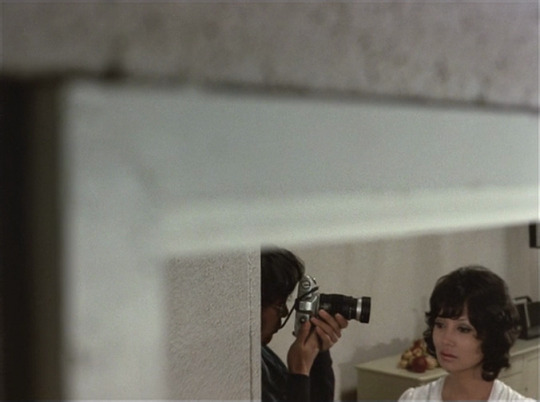


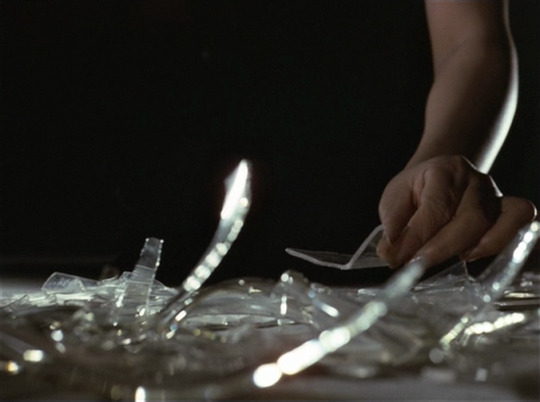
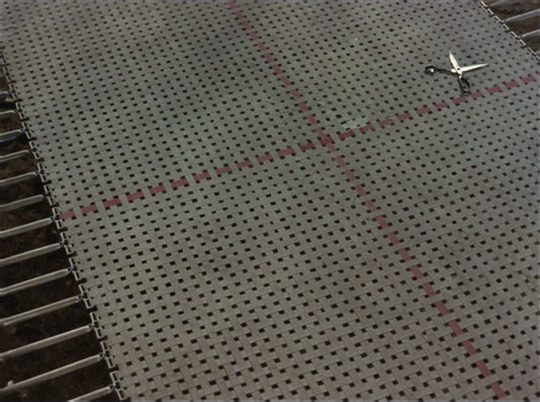
Yoshishige Yoshida
- Confessions Among Actresses
1971
#吉田喜重#告白的女優論#Yoshishige Yoshida#Kijū Yoshida#Kiju Yoshida#Confessions Among Actresses#mariko okada#岡田茉莉子#有馬稲子#Ineko Arima#Ruriko Asaoka#浅丘ルリ子#Japanese Film#1971
200 notes
·
View notes
Photo
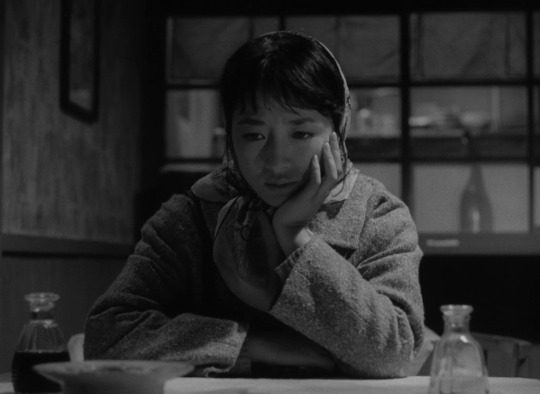
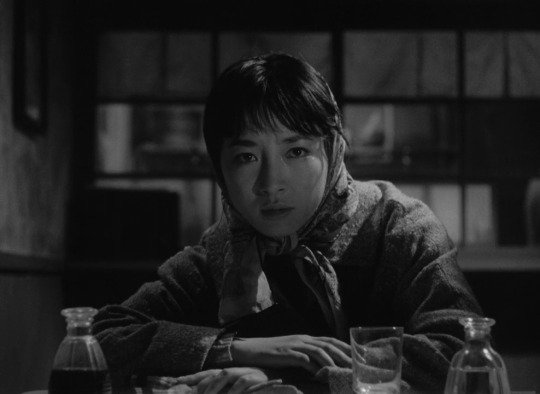
Ineko Arima in “Tokyo Twilight” (1957) by Yasujirō Ozu
352 notes
·
View notes
Photo

Ineko Arima Tokyo Twilight, 1957 Yasujiro Ozu.
67 notes
·
View notes
Photo

Arima Ineko and Hara Setsuko in Ozu Yasujiro’s Tokyo Twilight (Tokyo boshoku, 1957)
59 notes
·
View notes
Text
Equinox Flower
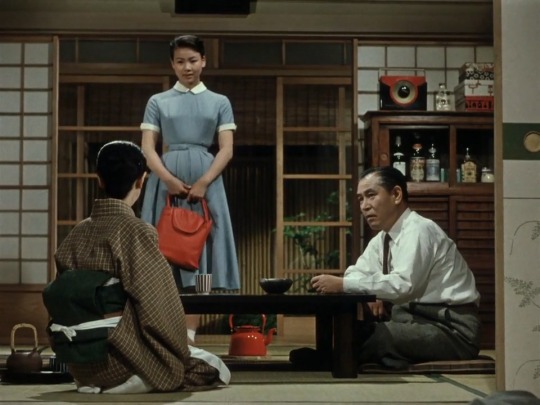
The night before a wedding, the bride’s disapproving father (Shih Saburi) and his friends sit at a table. They ask one man (Chishu Ryu) to recite, and he chants a poem about a samurai preparing to go to battle and vanquish his enemies. When he stops, the others offer their own lines on the same theme. It’s a key scene in Yasujiro Ozu’s EQUINOX FLOWER (1958, Criterion Channel). For all the horror westerners associate with Japanese men going to war, it’s also an affectionately comic moment, the last gasps of a traditional patriarchy being lost by men who are more to be pitied than feared. The film deals with a well-off businessman (Saburi) shocked when a young man (Japanese matinee idol Keiji Sada) asks to marry his daughter (Ineko Arima). This isn’t the traditional arranged marriage Saburi had dreamt of, but then, this is a new world in which sons and daughters marry out of love rather than duty. His resistance to the engagement, even as the women around him come to side with Arima, is the heart of the film. Saburi never blusters. This is a very quiet film driven by small details. Early on, Saburi comes home from the office and undresses, dropping his clothes on the floor as his wife (the utterly exquisite Kinuyo Tanaka) picks up and folds each item. Later, when he comes home and demands the submissive woman’s opinion of the engagement, she drops his clothes on the ground and tells him she’s come to know the young man behind his back and sides with her daughter. This was Ozu’s first color film, and he chose the German Agfa film, because he liked the way it showed his favorite color, red. It turns up as an accent throughout the picture, particularly as his famous red tea pot, suggesting the passions lurking beneath the staid traditions of Japanese family life. Throughout the film, little objects — a cigarette, a telephone, a tea cup — offer hints of the characters’ thoughts. Like many of Ozu’s films, EQUINOX FLOWER deals with the disappointments inherent in traditional family structures. Even as the young couple fights to marry despite the father’s disapproval, you know that their marriage will not be without hardships. But they’ll be the hardships the two have chosen to face, not those chosen for them by their elders, and maybe that move into self-determined uncertainty is more heroic than the battles the old men sing of to comfort themselves over their loss of power.
1 note
·
View note